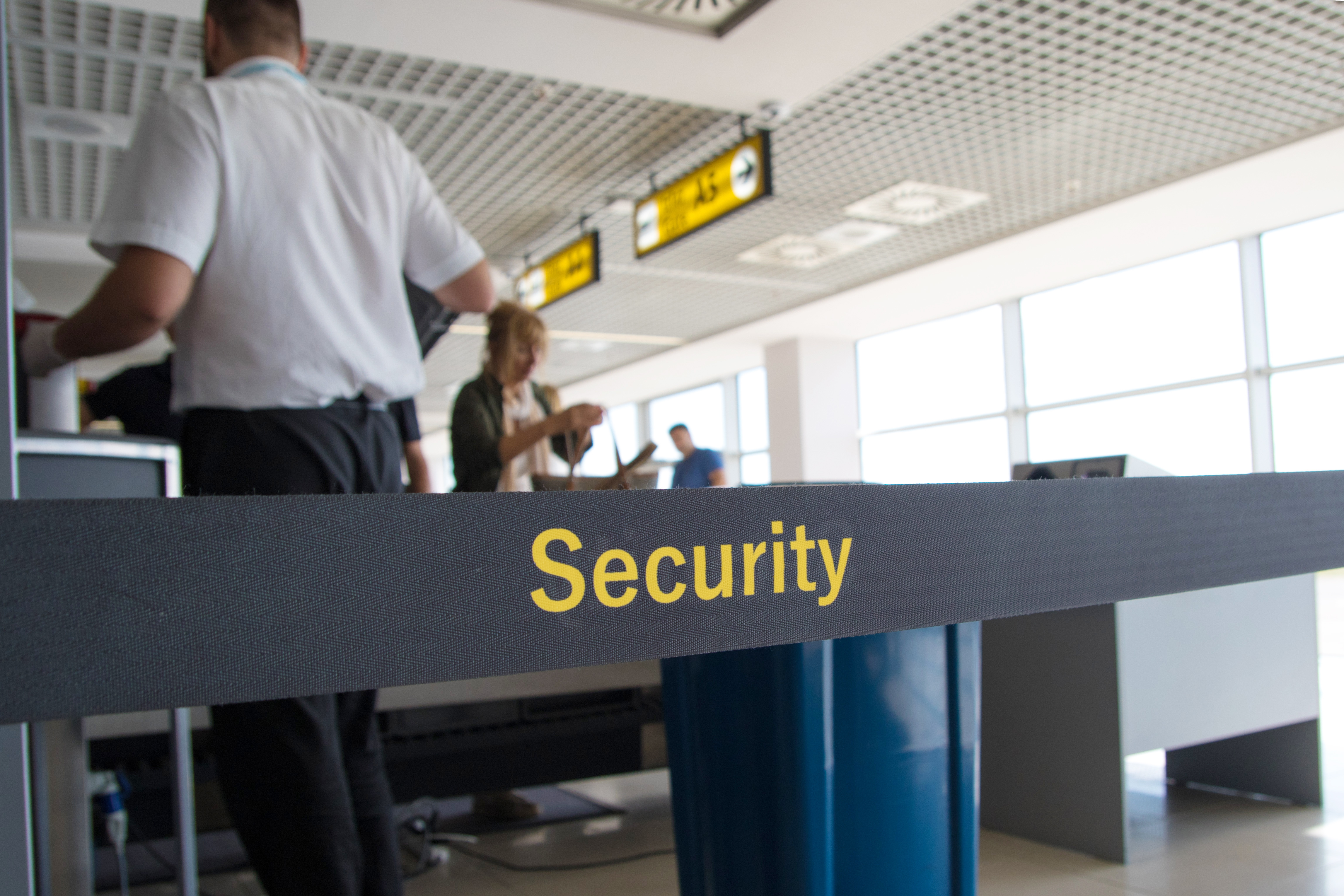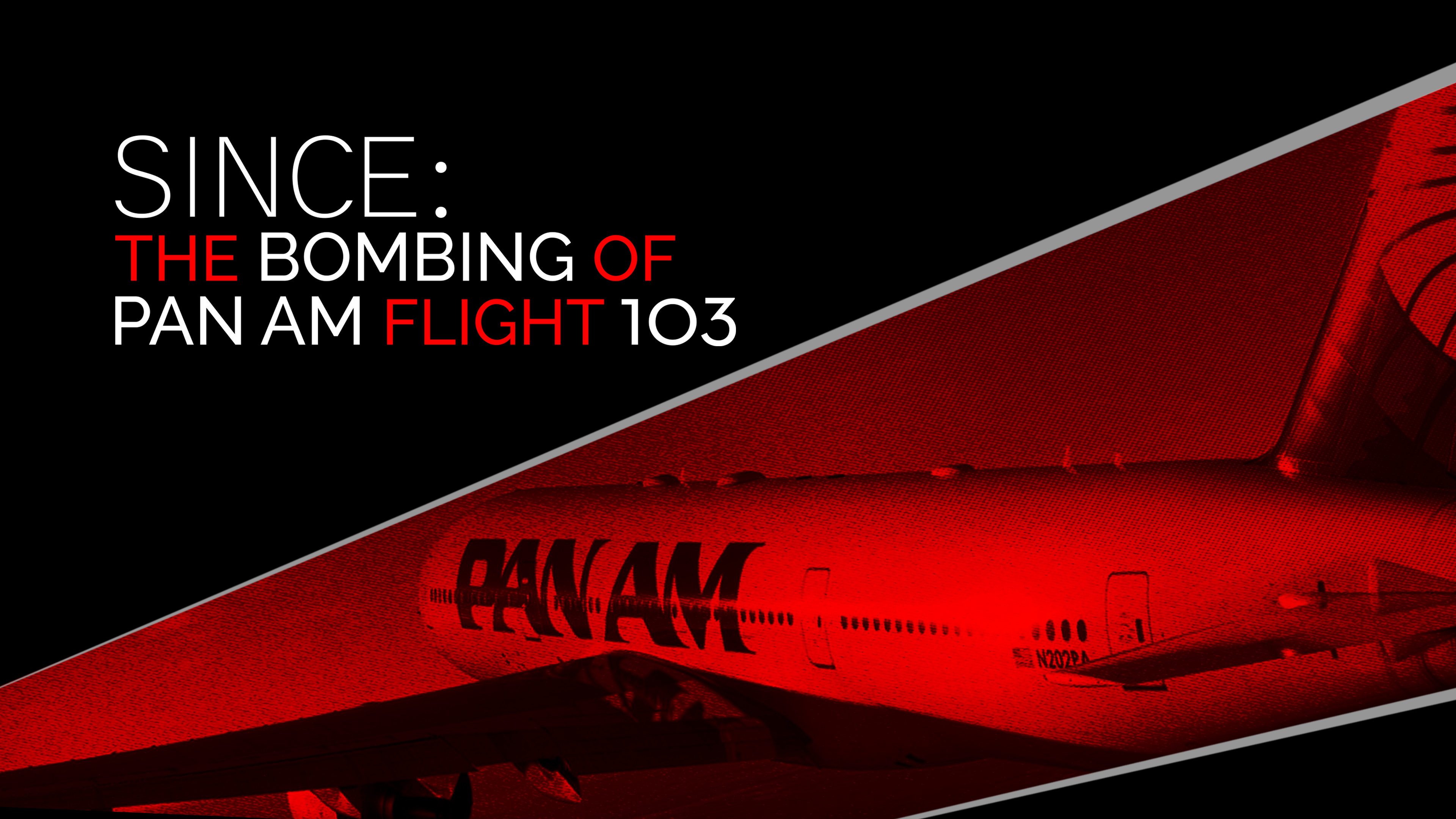Flying is the safest form of travel, but that feeling of security is upended by terrorism.
◊
Flying is the safest form of travel. Every day around the world, over 100,000 flights take off and land. Since the first commercial flight in 1914, air travel has become as routine as taking a bus.
The otherwise ordinary experience of flying has, however, been weaponized by terrorists on multiple occasions. From the bombing of Pan Am Flight 103 over Lockerbie, Scotland, in 1988 to the multiple 9/11 attacks that used multiple planes as bombs in 2001, mass murderers have specific reasons for using planes to commit their crimes.
Learn how the Flight 103 families fought for justice in this powerful MagellanTV documentary.
High Casualty Rate and Global Media Attention
Airplanes typically carry a significant number of passengers, leading to potentially high casualties in a single attack. This maximizes the immediate human toll and the psychological impact of the attack. When the casualties include people on the ground, the impact is even greater.
Plane bombings attract intense global media coverage. The dramatic nature of such incidents, often involving high-profile targets and multiple nationalities, ensures widespread attention, which terrorists seek to spread their message and instill fear.
Symbolic Targets and Economic Disruption
Airplanes can represent national power, international connectivity, and technological advancement. Attacking such symbols can be seen as striking at the heart of a nation’s perceived strengths and vulnerabilities.
The aviation industry is crucial to global commerce and tourism. Disrupting air travel can have significant economic repercussions, causing financial losses and creating broader economic instability.
Security and Trust Erosion
Successful attacks on planes can undermine public confidence in aviation security measures. This can lead to increased fear and anxiety about air travel, which terrorists leverage to demonstrate the reach and effectiveness of their tactics.

(Image credit: Adobe Stock)
One of the reasons air travel is so safe is because it is heavily regulated. When any weakness is exploited by those motivated enough to commit murder, uncertainty, distrust, and fear are the result.
Plane bombings can be used to send specific political or ideological messages. By targeting international flights, terrorists can challenge political entities, demand attention to their causes, or retaliate against perceived injustices.
Intimidation, Coercion, and Political and Ideological Messages
Such attacks can be used to intimidate governments and populations, coercing them into changing policies or behaviors. The fear of further attacks can lead to political and social pressure to meet the terrorists’ demands.
For example, the Lockerbie bombing killed people from the U.S., the U.K., Argentina, Belgium, Bolivia, Canada, France, Germany, Hungary, India, Ireland, Israel, Italy, Jamaica, Japan, the Philippines, South Africa, Spain, Sweden, Switzerland, and Trinidad and Tobago. Given how many nationalities were represented among those murdered, it’s horrifying but unsurprising that terrorists would target an international flight. And, while the 9/11 attacks focused on domestic U.S. flights, the scope and intensity of the devastation, along with the fact that the U.S. is a global superpower, amplified the terror well beyond U.S. borders.
Ω
Title Image Source: Adobe Stock
.jpeg)
.jpeg)
